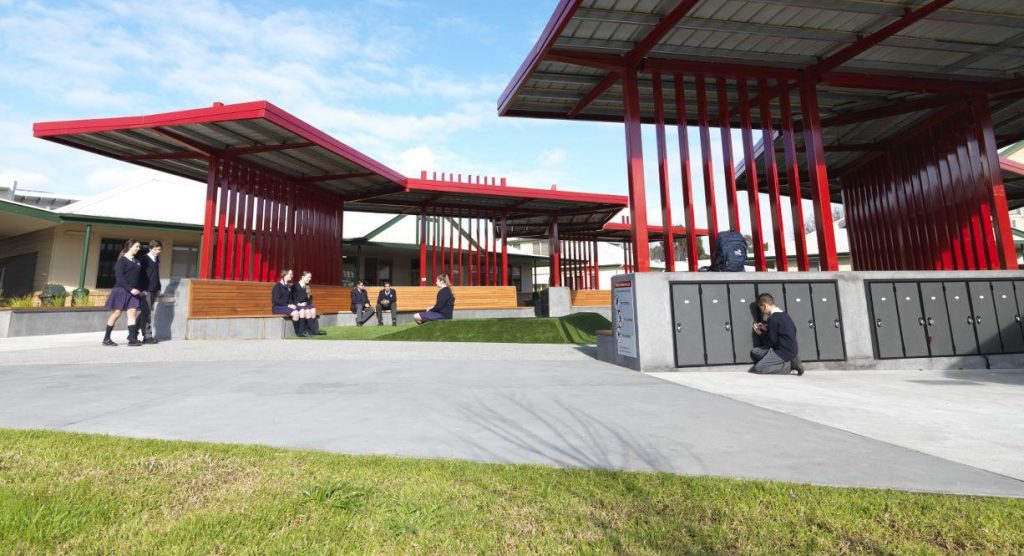Using Positive Thinking During COVID Lockdown
Drawing on positive psychology doesn’t mean ignoring the challenges in our world and the worries we’re experiencing. Positive psychology is a way for us to sustain ourselves during these challenging times particularly when there are many mental health implications for parents and children.
Here’s 5 things we can put into place today.
- Look for the good side to situations and people. For example, COVID lockdowns have shown our community rallying together to support vulnerable and frontline workers, supporting local businesses and looking to help people in our community. People are commenting on how great it is to see so many people walking in our neighbourhoods and actually saying ‘hello’ to each other. Lockdown has also meant an improvement in our environment and creative ways to work and enjoy leisure. There are many things we can be grateful for.
- Lockdown has meant a focus on looking after ourselves and our family. We focus on checking in with ourselves and prioritizing self-care. We can aim to be the best version of ourselves. Practising kindness with family, neighbours and shopkeepers can bring out the best in us. By practicing mindfulness we bring to our attention how we’re feeling and what we need.
- While there are a lot of scary, disappointing and frustrating aspects to our world at the moment it’s helpful to strive to actively do things that make us and our family happy and lift our mood. Sort out family photos and scrapbooks; exercise with our partner and family; start a new book or new series or podcast; and above all laugh. Actively seek the funny side of life, such as dressing up for bin day or for dinner.
- Lockdown is a time to build on our strengths. Perhaps being kind to others or extended family. Being an active leader or good role model. Being creative and being a good example to colleagues online or to our partner.
- Positive relationships and social connectedness are incredibly sustaining as social distancing becomes the norm. Exerting time and energy to connect with people enables us to avoid loneliness. Loneliness is associated with many adverse physical and emotional health difficulties.
- Finally, monitor our thinking. While we do need to identify the challenges in our current world there is always another positive aspect of our situation and positive ways to spend our time. A positive mindset is not denying the reality of our difficulties but rather equipping ourselves to manage challenges as best as we can.
Mr Alan Clarke
Paediatric Psychologist

 1864
1864








